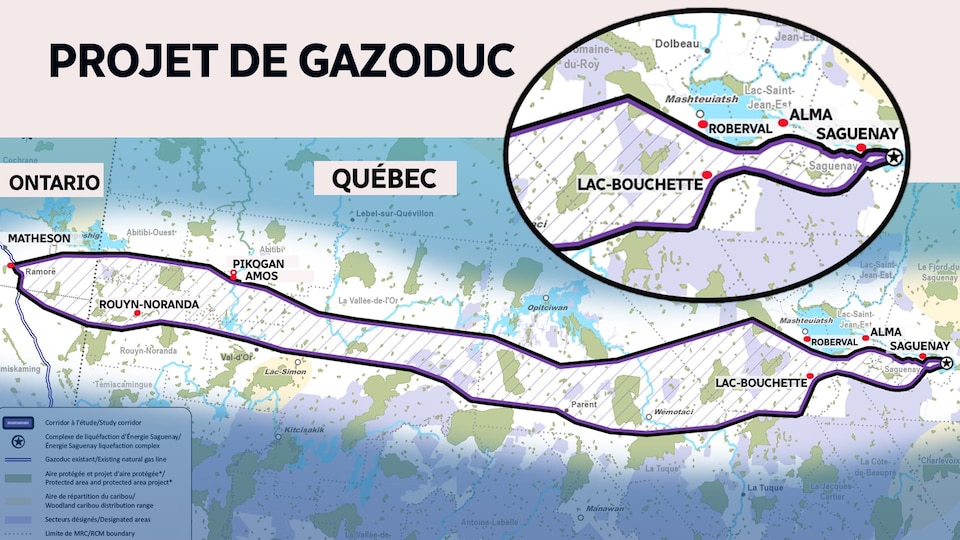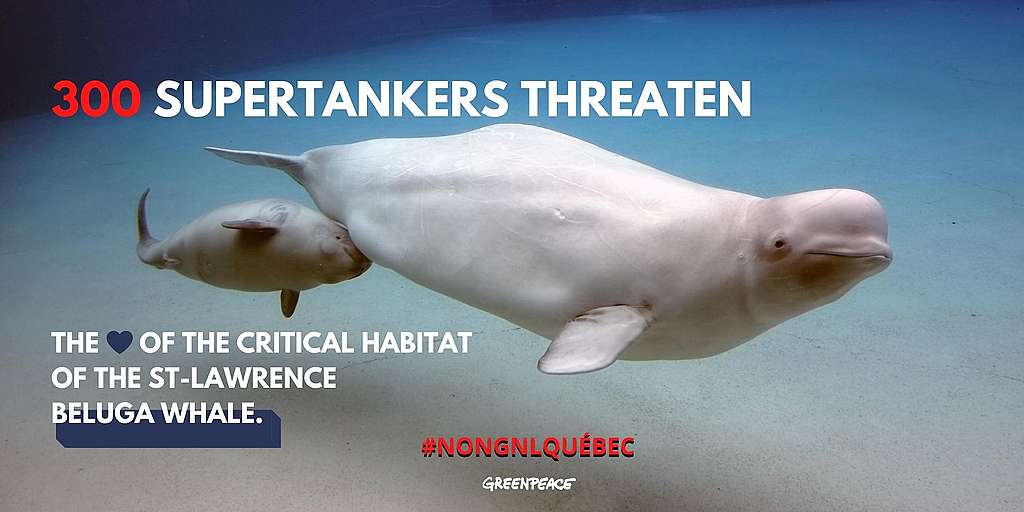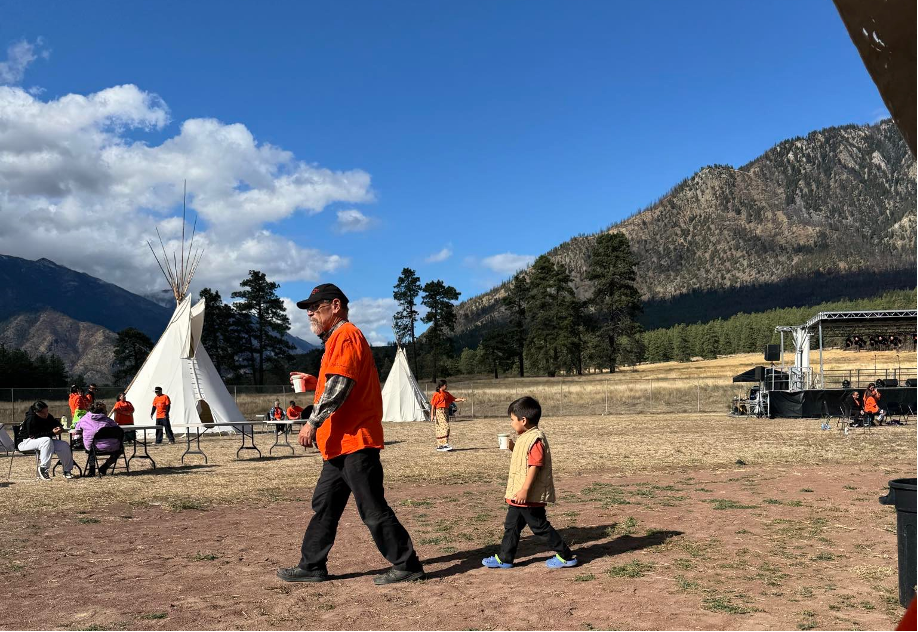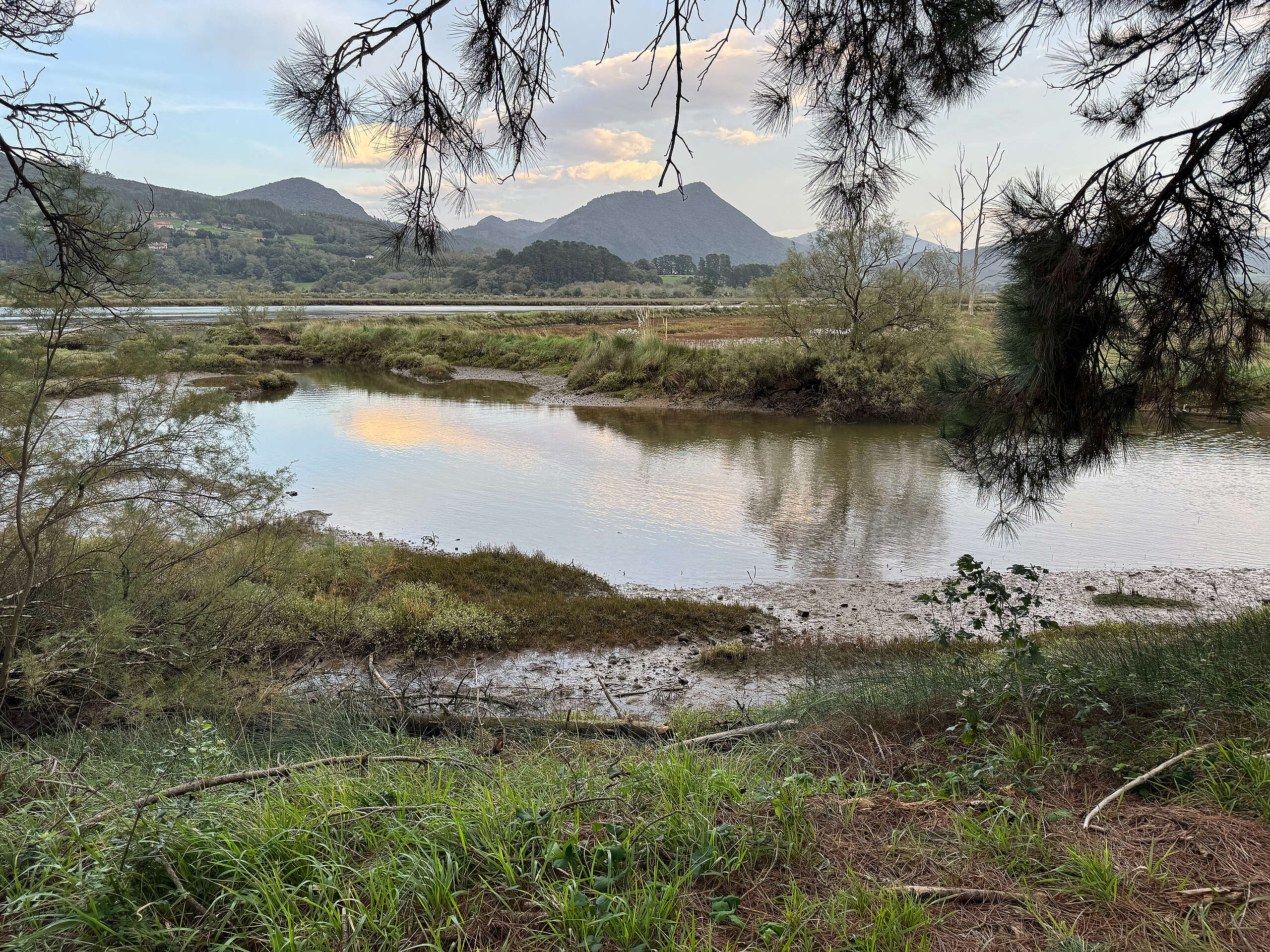The GNL Québec project would involve the construction of a 750 km gas pipeline (by Gazoduq), a gas liquefaction plant (by Énergie Saguenay) and a terminal to export methane via supertanker ships. This megaproject aims to export unconventional fossil gas from the West to international markets (like Europe and Asia), through Abitibi and Témiscamingue, Haute-Mauricie, Lac-St-Jean, Saguenay, Saguenay Fjord, St. Lawrence and the communities of Matheson, Timmins and Kirkland Lake in Ontario. The proposed route crosses territory occupied by First Peoples and provides for the construction of a gas pipeline of more than 750 km to transport gas from Western Canada to a gas liquefaction plant in Port Saguenay. In addition, storage infrastructures and an export port will also be built. In total, at least 300 super LNG (liquified natural gas) tankers would use the Saguenay Fjord, putting the endangered St. Lawrence Estuary beluga whale population at risk.
The pipeline route


The gas liquefaction plant

The target markets

The impacts of the project: greenhouse gas emissions and hydraulic fracturing
From extraction to combustion, the GNL Québec project would generate 50 million tonnes of GHG every year for 25 years — the equivalent annual pollution of 15 million cars. The gas transported by the proposed 750-km pipeline would be of fossil origin extracted by hydraulic fracturing, an unconventional hydrocarbon production technique that contaminates drinking water sources(1), leads to significant methane emissions and leaks(2) and even causes earthquakes(3). This project is incompatible with our climate commitments and compliance with the Paris Accord.
Impacts on the ecosystem and populations
The GNL Québec project also threatens life on the territories it would cross. The survival of more than 30 vulnerable or threatened species of plants and animals would be at risk because of the route and gas activities. Species at risk living in the Gulf of St. Lawrence, such as beluga whales, an endangered species whose population is in decline, would be threatened by the increase in shipping generated by the project. The methane tankers would pass through the Saguenay-St. Lawrence protected area (a Category II marine protected area in Quebec) as well as the Saguenay Fjord National Park. In addition, local and Aboriginal communities and their tourism economy could be affected and see their rights further violated.
Natural gas is not an energy of transition
In addition to emissions from the combustion of natural gas, methane that is emitted throughout the production, transmission and distribution process heats up further. Methane is a powerful greenhouse gas (84 times more powerful than CO2 over 20 years) and could prove to be almost as polluting as coal in the context of the fight against climate change. Authorizing this project would result in a massive increase in gas production in the West for decades (up to 50 years according to the proponent), while the most recent special report of the UN Intergovernmental Panel on Climate Change (IPCC) in 2018 clearly explains that global CO2 emissions must be reduced by 50% by 2030 and aim for zero net emissions by 2050 in order to give ourselves a reasonable chance of limiting global warming to 1.5°C.
Social non-acceptability
According to the Government of Quebec, “citizens are mainly concerned about the environment. Risks to water, farmland, forests, fauna and flora are frequently questioned […] One of the concerns that often emerge in the 500 citizens’ and organizations’ opinions is that of accident hazards”. The company already does a lot of lobbying (about ten lobbyists registered in Quebec). The company has also done its public consultation tour in Abitibi and Saguenay-Lac-Saint-Jean, including First Nations, and in Ontario.
What can you do?
We collectively have very little time to spare our planet from catastrophic global warming. A new project to export fossil fuels from Quebec is the last thing we need. The Legault government rejected TransCanada’s Eastern Energy Pipeline project because there is no social acceptability for this project. Let’s show them that there is no social acceptability for the Quebec LNG project.
Sign the petition to say NO to GNL Québec!






Discussion
https://www.lapresse.ca/actualites/environnement/2020-08-04/moins-de-surveillance-environnementale-sur-les-sites-de-sables-bitumineux.php Moins de surveillance environnementale sur les sites de sables bitumineux
This is really scary.. How much more than pollution that Mother Earth. Can take. Also our lakes rivers and streams can take . Also all the beautiful animals that live there.
Also important to mention is the fact that the endangered caribou are found in the upper Mauricie and Saguenay. (There are seven left in Val d'Or.) Logging of the Boreal forest is going on unabated, and extensive mining as well. This would another terrible blow to not only the whale population but caribou and assuredly all other mammals living across the Province. I'm very worried about the callousness of the Quebec government who are extremely pro-business to the exclusion of all else. A large demonstration would be a very powerful tool, as they are susceptible to embarrassment.
I have always been proud of the fact that Canadians have such delicious water coming from the natural springs. The lakes being as beautiful as they are, being the safe haven to so many creatures that it boggles the mind. However, when you separate the species that rely on the water, they will end up dying from climate change. Lack of water caused from the Overwhelming heat. The oil in the air saturating the natural food, such as leaves on trees and bushes, in the water and yes, even in the waters of the rivers or the St. Lawrence. To decide to change your mind and dump any kind of Emissions into the water and kill the Belugas Whales Is straight cold hearted. No feelings. Shame on you. Belugas have one of the top I.Q. In the world. Smarter than you. They feel all the pain you throw in at them. Please show some feelings and compassion for wildlife and the climate that supports all of us. Thank you Trish
Dear Responsible Members of parliament; Please DO NOT BUILD the 750 km pipeline to Quebec. This Pipeline is not needed & will not serve any useful purpose not now or in the future. The tanker traffic in the gulf of Saint Lawrence poses a DEFINED & A KNOWN HEALTH HAZARD TO THE BELUGA WHALES HABITAT. Supplying South America Europe & china with our cheap natural gas is not a DISASTORIOUS BLOW FOR OUR WORLD CLIMATE, which we see causing PAIN & SUFFERING ALL OVER THE WORLD. Thank You for our attention in this matter Sincerely Mr. Richard J. Switzer. Have a Good day.;
To live in harmony there has to be a better way to allow our economy to flourish for the benefit of everyone! Imagine asking our population who will exist in 2050 what they would want us to do.
Our natural fresh water environment cannot afford the risk of a pipeline leak disaster along its route. We must preserve the fresh water for future generations of people and aquatic animals, especially Beluga Whales. The herds of migrating mammals must have there habitat maintained, even though so much of their former habitat has been destroyed. We have to put the environment first by saying NO, NON, and NO WAY to the Quebec LNG pipeline project. Our future depends on it.
Instead you prefer tragedies like Lac Megantic it seems. Transporting oil by train has proven disastrous. Furthermore every time some protesters feel like blocking the rail lines our food supply and our farmer's livelihoods are threatened. Food and energy independence are important. Or we can keep importing oil from human rights violators. Maybe that's better?
Hi Mike. We share your frustration about what happened in Lac Megantic. While pipelines might be safer, did you know that the spills can happen anytime and anywhere and that the damage is irreversible ? Any given pipeline will spill at some point, with high risk to everything we depend on: the environment. Also, this LNG (GNL Québec) pipeline is not one we can’t live without. And more importantly, it is a myth to believe that the safety of the pipeline and using so-called ‘natural gas’ makes it a clean energy.
I have looked into micro-bio-diesel and it would be possible for the oil giants to reinvest in keurig-sized personal biodiesel manufacturing appliances. I don't know why they are so stuck in the past. They would likely still be able to dominate some kind of financial market if there continues to be one.